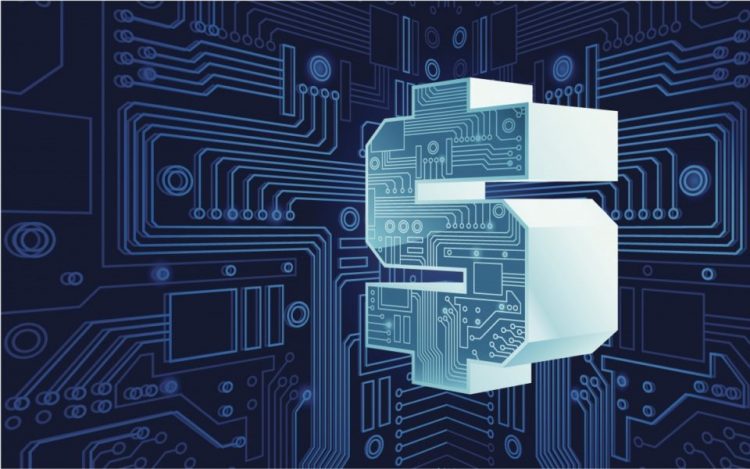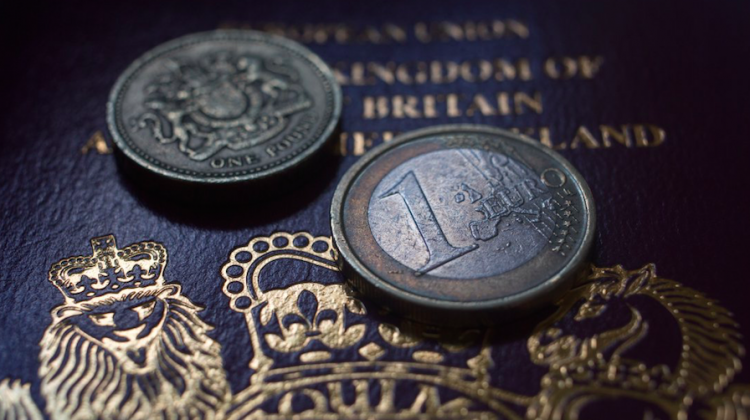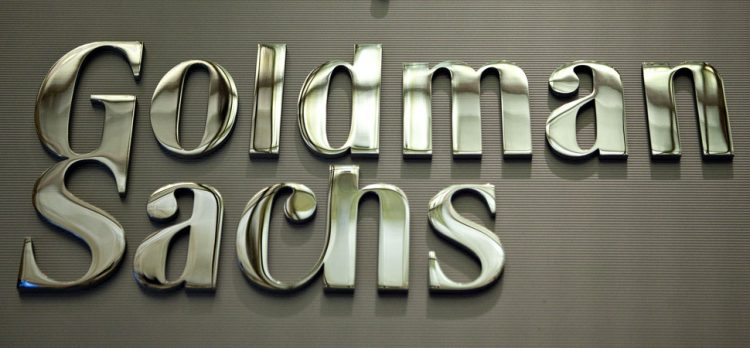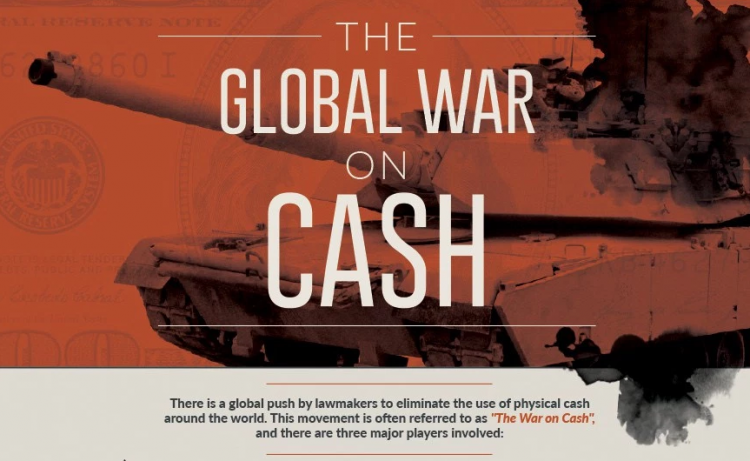This article is about an investigation into ECB’s money creation – and that Goldman Sachs always wins at the end.
At the ECB president’s Mario Draghi (Draghi previously worked at Goldman Sachs from 2002 until 2005) last press conference on Jan. 19, the president rebuffed questions on how and when the ECB would wind down its 2.28 trillion-euro ($2.4 trillion) quantitative-easing program. The plan to reduce monthly purchases to 60 billion euros from 80 billion euros from April does not, he said, imply a ‘taper’ toward zero. The full article can be read on Bloomberg here
Quantitative easing (QE) is a monetary policy in which a central bank creates new electronic money in order to buy government bonds or other financial assets to stimulate the economy. An unconventional form of monetary policy, it is usually used when standard monetary policy has become ineffective at combating a falling money supply
Will quantitative easing revive the euro area economy?
On the 22nd January 2015, the European Central Bank (ECB) launched its Expanded Asset Purchase Programme (more commonly known as quantitative easing, or QE) with the aim of reviving the euro area economy. This unconventional monetary policy instrument – under which the European Central Bank will create new money to purchase euro-denominated, investment-grade securities issued by euro area governments and European institutions – has generated lively debate among policy practitioners, academics and the media. Have a look at European Parliament February Briefing of 2015 – The ECB’s Expanded Asset Purchase Programme – Learn more here
In September 27, 2012 ESM (European Stability Mechanism) already was created, this for the crisis resolution mechanism for euro area countries. Like its predecessor — the temporary European Financial Stability Facility (EFSF) — the ESM provides financial assistance to euro area Member States experiencing or threatened by financing difficulties. Read more here
So let’s recap real quick here… so since last year the ECD has been creating digital money, in the estimated of 60 billion euros from 80 billion euros (since december 8th, 2016 – The European Central Bank has pledged to pump more money into the eurozone economy until the end of next year, and longer if needed – PRESS CONFERENCE – VIDEO) a month to revive the european economy. Where is this money coming from? and how is this created? Have a look at this brilliant VPRO’s made ECB Money Maker below.
Banks create money from nothing. And it gets worse.

On January 3rd 2017 Jackson Stiles from TheNewDaily wrote that; Richard Werner, the German professor famous for inventing the term ‘quantitative easing’, says the world is finally waking up to the fact that “banks create money out of nothing” – but warns this realisation has given rise to a new “Orwellian” threat. In an exclusive interview with The New Daily, Professor Werner says the recent campaigns around the world, including in India and Australia, to get rid of cash are coordinated attempts by central bankers to monopolise money creation.
Prof. Richard Werner gave a talk in Dublin April 2016, called: Banking Industry; Exposed & Solutions.
Detailed Index of Professor Richard Werner’s Talk.
1 – Why is banking so important for the economy, society and the sustainable development of regions and communities?
2 – What causes the recurring boom-bust cycles and crises?
3 – What policies or banking systems have historically been most successful in avoiding these cycles and crises?
4 – What kind of banking system and banking policy do we need?
5 – While we are at it, can we solve the major problems of our time with this?
6 – What are the policies which are being pushed that we need to oppose?
Watch the Dublin 2016 talk here (1:22;38)
Former Bank of England governor Mervyn King agrees that banks create most of our money – and that it is a problem.

Could we see the collapse of the Euro in 2017 because of current eurozone crisis and ECB’s quantitative-easing program?
Yes, says American economist and a professor at Columbia University Joseph Stiglitz, 2017 could be the year that the euro collapses, writing in Fortune magazine and these concerns were echoed over the weekend by former Bundesbank vice-president and senior European Central Bank official, Jürgen Stark, when he said that the ‘destruction’ of the Eurozone may be necessary if countries are to thrive again.
Stiglitz concludes by warning that: …
“It is at least as likely that the political forces are going in the other direction, and if that is the case, it may be only a matter of time before Europe looks back on the euro as an interesting, well-intentioned experiment that failed—at great cost to the citizens of Europe and their democracies.”
The full article can be read on Fortune here
And yet Goldman Sachs has come out of this latest crisis richer and more powerful than ever.

CREDIT: Getty Images
Ever since the stock market crashed, on the night of September 15, 2008, the name Goldman Sachs, or GS, has been appearing everywhere: in the collapse of the financial system, the Greek crisis, the plunge of the euro, and the campaign to prevent regulation of financial markets.
The investment bank created in New York in 1868 has carved out its reputation and success by working silently behind the scenes.
But today GS stands accused of myriad charges: playing a key role in the subprime loan fiasco, pushing several of its competitors into bankruptcy, helping countries like Greece hide their deficits before speculating on their downfall, precipitating the fall of the euro, and influencing the consumer price index.
Watch the eye-opening doc. below:

The Global War on Cash
There is a global push by lawmakers to eliminate the use of physical cash around the world. This movement is often referred to as “The War on Cash”, and there are three major players involved:
1. The Initiators Who? Governments, central banks. Why? The elimination of cash will make it easier to track all types of transactions – including those made by criminals.
2. The Enemy Who? Criminals, terrorists Why? Large denominations of bank notes make illegal transactions easier to perform, and increase anonymity.
3. The Crossfire Who? Citizens Why? The coercive elimination of physical cash will have potential repercussions on the economy and social liberties.
The Money Project is an ongoing collaboration between Visual Capitalist and Texas Precious Metals that seeks to use intuitive visualizations to explore the origins, nature, and use of money. learn more here.